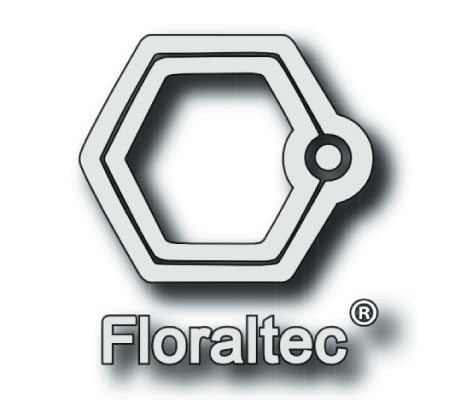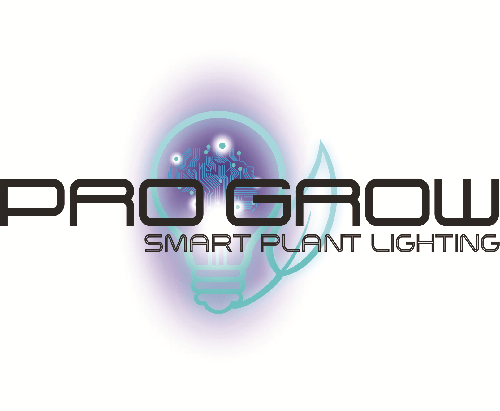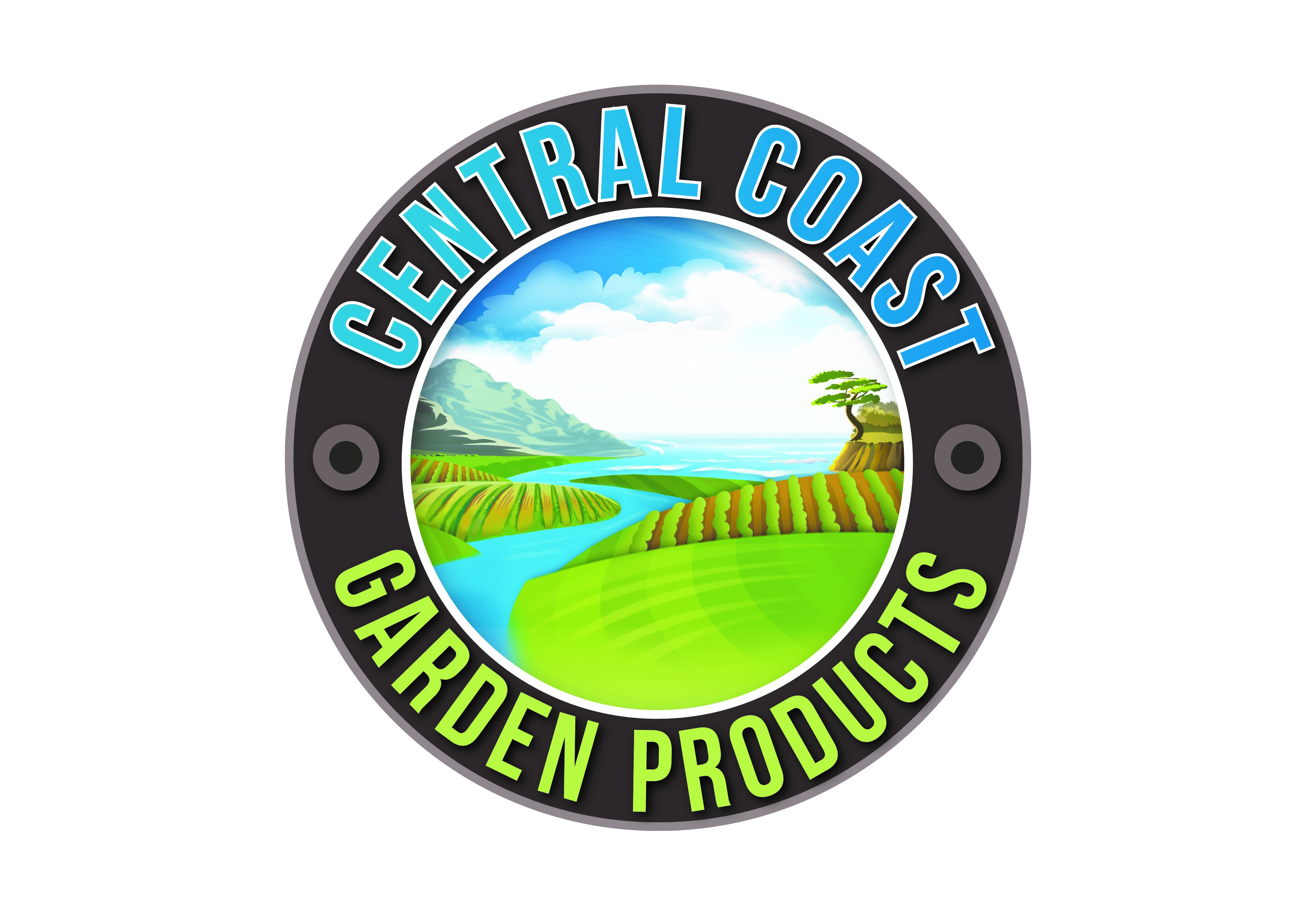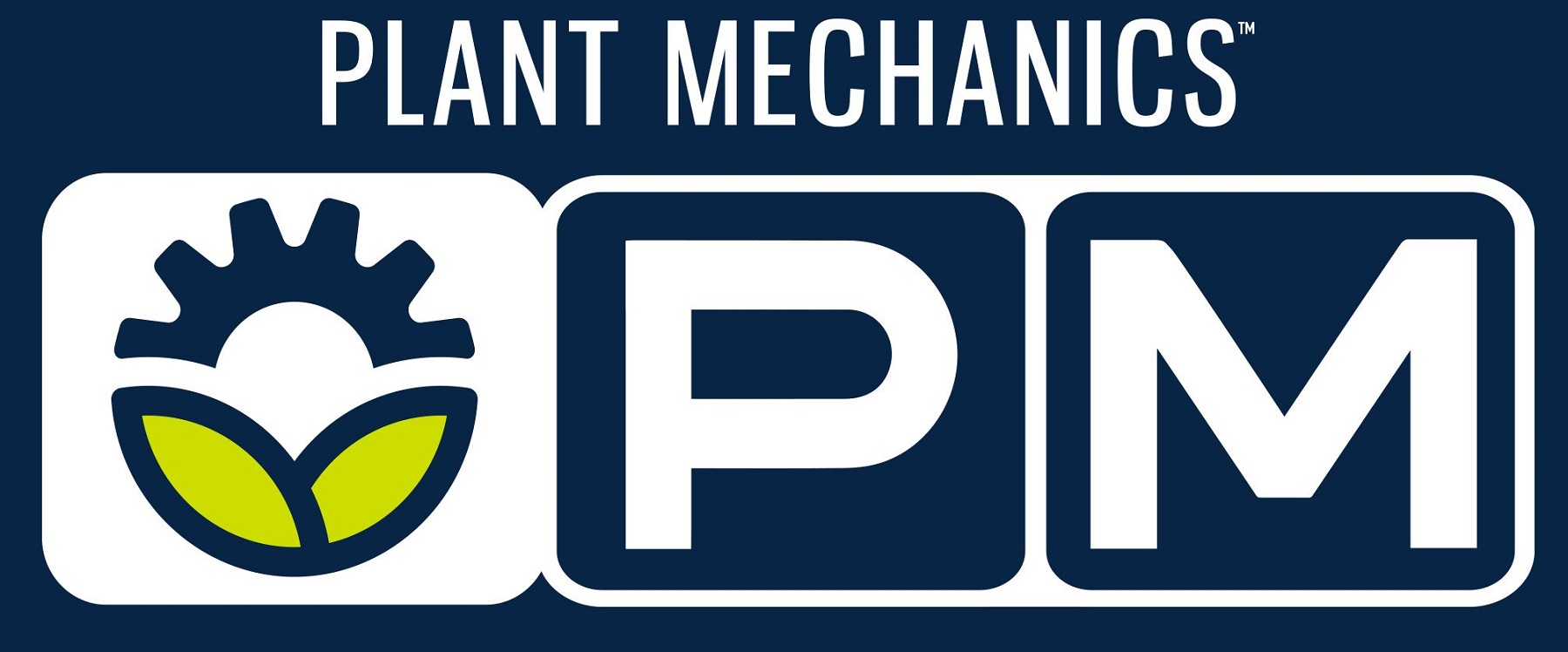How Home Gardening Can Save You Money - And Help The Environment!
In recent years, growing your own vegetables at home has become increasingly popular, as people are looking for ways to save money, eat healthier, and benefit the environment. With advancements in home gardening systems, it's now easier than ever to grow your own vegetables, no matter where you live or how much space you have. In this blog post, we'll explore the benefits of growing vegetables at home, different systems you can try, and why hydroponics is an affordable and sustainable option.
Growing your own vegetables has several benefits, both for your wallet and your health. Here are some of the key advantages:
- Save money: Growing your own vegetables can save you money in the long run, as you won't have to buy as much produce at the grocery store. You can also save on transportation costs, as you won't have to travel as far to get your vegetables.
- Eat healthier: Home-grown vegetables are often fresher and more nutritious than store-bought ones, as they're picked at the peak of ripeness and haven't been exposed to pesticides and preservatives.
- Reduce your carbon footprint: By growing your own vegetables, you can reduce the amount of carbon emissions associated with transporting produce from far-off locations. Additionally, you won't have to rely on plastic packaging, which can be harmful to the environment.
There are several different systems you can use for home gardening, depending on the space you have available, the amount of time you want to spend on maintenance, and the types of vegetables you want to grow. Here are a few options:
- Raised bed gardens: Raised bed gardens are a popular option for outdoor spaces and can be made using inexpensive materials like cinder blocks or untreated lumber. They provide good drainage and are easy to maintain.
- Container gardens: Container gardens are perfect for small spaces like balconies and patios and can be made using inexpensive pots and soil. They allow you to grow a variety of vegetables, including tomatoes, peppers, and herbs.
- Hydroponic systems: Hydroponics allows you to grow vegetables indoors or outdoors, without soil, using a nutrient-rich water solution. These systems can be set up using inexpensive materials like PVC pipes, plastic containers, and a submersible pump. Hydroponic systems are an excellent option for people who don't have access to outdoor space or who want to grow vegetables year-round. They are also more water-efficient than traditional gardening methods and can produce higher yields.
Hydroponic systems are an excellent option for affordable and sustainable home gardening. Here's why:
- Water efficiency: Hydroponic systems use less water than traditional gardening methods, as the water is recycled through the system. This means that you'll save money on your water bill and reduce your environmental impact.
- No soil needed: Hydroponic systems don't require soil, which means that you won't have to worry about soil-borne diseases or pests. This can save you money on pesticides and other chemicals.
Reusable materials: Hydroponic systems can be set up using inexpensive materials, like PVC pipes, plastic containers, and a submersible pump. You can also reuse these materials for multiple growing seasons, making hydroponics a more sustainable option than traditional gardening. - Faster growth and higher yields: Hydroponic systems allow for faster growth and higher yields than traditional gardening methods, as plants have access to all the nutrients they need and can grow in optimal conditions. This means that you'll be able to harvest your vegetables sooner and have more produce to enjoy.
Growing vegetables at home can save you money, benefit your health, and reduce your carbon footprint. With different home gardening systems available, you can choose the one that works best for you and your living situation. Hydroponic systems are an affordable and sustainable option that allows you to grow vegetables without soil, using less water and producing higher yields. Consider giving home hydroponics a try and see how it can benefit you and the environment.

















































































-hyalite.jpg)
























































-logo.jpg)



.jpg)












